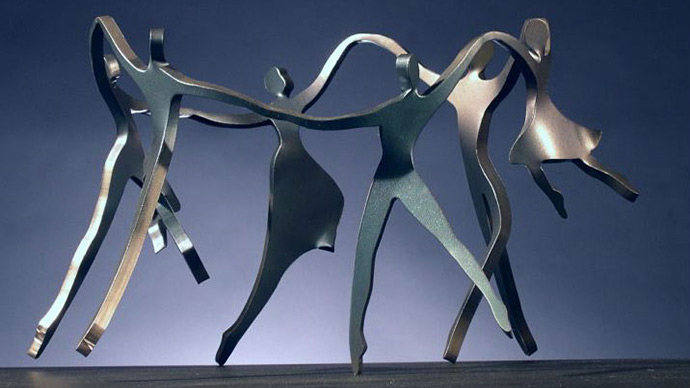Do the government of Serbia and prime minister Vucic know what they want? Do they have a program or are they simply struggling to make it to the next elections, fighting the hateful opposition? Maybe they do, but they often send mixed signals, statements and announcements, so it seems that they don’t really know where they’re going. This doesn’t mean that the government should honor its every principle to the letter, but there has to be a certain consistency to its actions.
Let’s look at the two latest examples: the price of electricity, and salaries and pensions. They said that the price of electricity will increase, then that it won’t, then that it will increase soon, then a little later… In fact, it seems that the government is trying to avoid the increase of the price of electricity, because that would mean entering the much more complicated and demanding – more politically than economically – process of restructuring this economic giant with glass legs. Simply put, it would raise the expectations of the people: Okay, you’ve increased the price of electricity, now let’s see you start fixing the firm from the inside; don’t think that we’ve been fooled by the elimination of fifty managerial posts. This way, the price of electricity remains the same and the pressure of the public to implement the necessary reforms in the energy sector decreases.
On the other hand, saying that the hesitation to increase the price of electricity is an attempt to protect the poor is the cheapest, most blatant demagogy. The poor use the least electricity, anyway, they use wood (or coal) for heating, they don’t have air conditioners, so that can’t be an attempt to protect their interests. An increase of the price of electricity by 15%, which was announced, would increase the average bill in Serbia by only 500 dinars. An average Serbian family spends more on mobile phones than on electricity. Unless they use electricity for heating. And using electricity for heating is considered a luxury even in the most developed European countries. Low price of the electricity, in fact, helps the richest.
By the way, but no less important, industry, i.e. major users and regular payers, should have some benefits, for example they should pay a lower price per kilowatt-hour than the citizens, i.e. households.
The immediate cause of this article is the prime minister’s statement that the reduction of salaries and pension could be canceled „by the end of the year“. Only if IMF approves. The reason for such joyous news is, allegedly, extraordinary budget results in the first trimester. Now, if you think that Serbia has achieved a budget surplus or, at least, that state incomes and outcomes have been balanced – you are sadly mistaken. It’s only about the fact that the deficit is less than half of the planned. Namely, a minus of 55 billion dinars was planned, and now it’s („merely“?) 27 billion. Don’t get me wrong, this result is not bad, although it raises some suspicions about the competence of state planners. But anyway, that’s not an easy task in a state as inefficient and disorganized as Serbia. However, this is exactly the reason why the announcement of the return to the old level of salaries and pensions shouldn’t have been made so hastily. They should have waited for the state incomes and outcomes to become steady, as well as for a relevant and credible prognosis on production levels. State in a plus, economy in a minus – that’s no success. And if any surplus appears, they should relieve the economy.
On top of all that, just like electricity, this thing with salaries and pensions points more to giving up on the necessary reforms of the public sector, than to a manifestation of determination to persevere. As soon as the first minimal opportunity to go back to the old way appears, prime minister Vucic jumps to utilize it. In accordance with the old saying: the more I change it, the more it remains the same.
Translated by Marijana Simic
Peščanik.net, 03.04.2015.
- Biografija
- Latest Posts
Latest posts by Mijat Lakićević (see all)
- Putinovo „paljenje Rajhstaga“ i Vučićevo pumpanje srpstva - 29/03/2024
- Pretnja mirom: Srbi, Rusi i Kant - 22/03/2024
- Željko Obradović, državni neprijatelj - 23/02/2024



